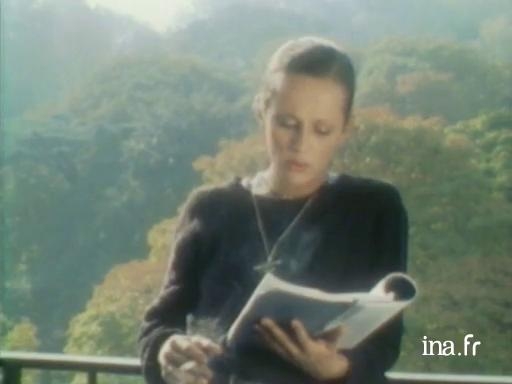Peter Handke

Information
About the creation of Peter Handke's play, Walk About the Villages , at the TNP.
Context
Peter Handke was born in 1942 in Griffen, in Austria. He had an unhappy, violent and poor childhood, which marked him profoundly. As an adolescent he started to publish texts in his school's newspaper. He started studying law but gave that up in 1955 when his first manuscript was accepted by a publishing house. From then on, he dedicated himself solely to writing novels, plays and scripts: The Hornets (1966), The Goalie's Anxiety at the Penalty Kick (1970), The Left-Handed Woman (1976), Wings of Desire (1987, a film by Wim Wenders).
A committed writer, Peter Handke is also a literary activist. He gained fame in 1966 by interrupting an encounter with Groupe 47 (which was the unquestionable leader over German literature) in Princeton with his provocative play Publikumsbeschimpfung ("Offending the Audience"). In 1996, in his book A Journey to the Rivers: Justice for Serbia, he portrayed the Serbs as victims of the civil war in former Yugoslavia. This hypothesis created a general uproar which reignited in 2005 when Slobodan Milosevic, who was accused of genocide and of crimes against humanity at the Hague penal tribunal, cited Peter Handke as a witness for his defence. Handke declined the offer but was present at Milosevic's funeral. Currently, Peter Handke lives in France, near Paris.




